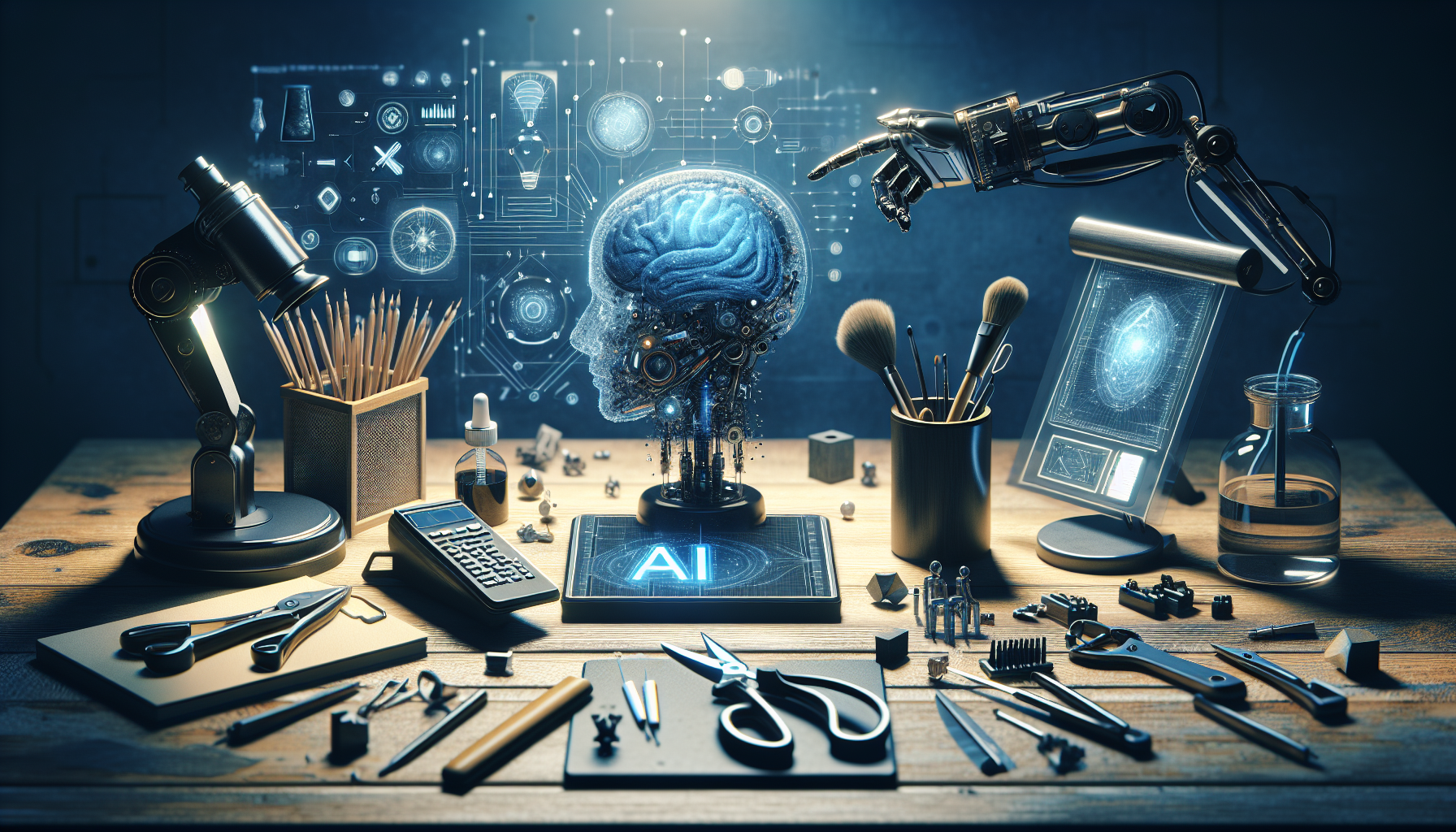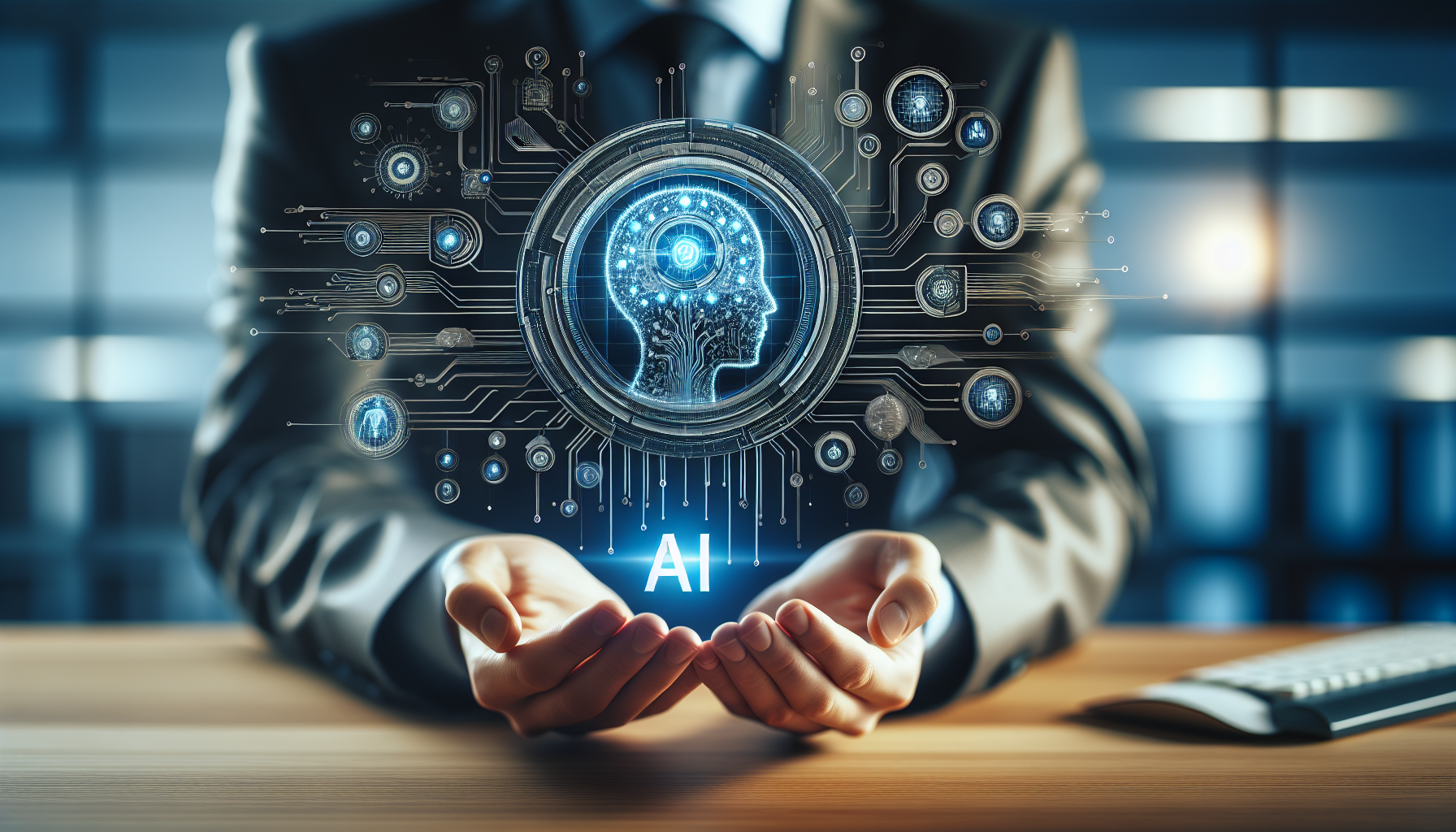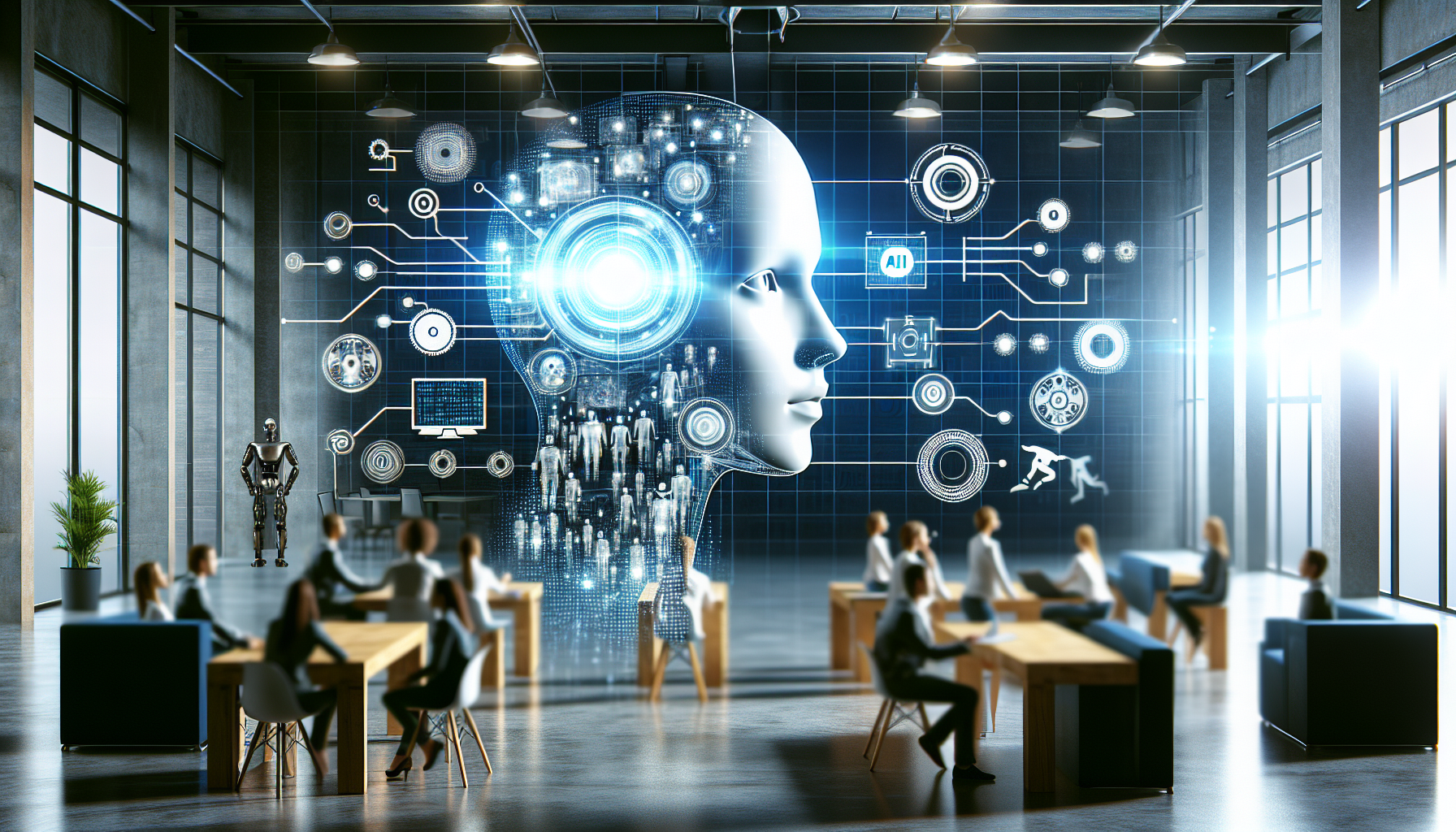
AI and Emotional Intelligence: Predicting a Future of Human Emotion Understanding
November 16, 2025
Artificial Intelligence (AI) has revolutionized numerous facets of human existence, from enhancing productivity in workplaces to transforming how we interact with technology. As AI systems become increasingly sophisticated, there is a growing interest in their ability to understand and interpret human emotions—an endeavor that links technology with the realm of emotional intelligence. The quest to endow machines with the ability to comprehend and respond to human emotions is not merely a technological challenge but a philosophical one, raising questions about the nature of emotion and consciousness itself.
The concept of emotional intelligence, initially popularized within psychology, emphasizes the ability to perceive, interpret, and manage emotions. Transposing this human capability onto AI systems involves intricate algorithms and vast datasets that can recognize and respond to nuanced emotional cues. These cues can be verbal, such as tone and choice of words, or non-verbal, such as facial expressions and body language.
One of the primary challenges in developing emotionally intelligent AI lies in the diversity of human emotional expression. Unlike data-driven tasks where variables are fixed, emotions are fluid, context-dependent, and culturally influenced. AI systems must therefore be trained on diverse datasets that include a wide range of emotional expressions across different cultures and contexts to ensure they can accurately interpret emotions in global interactions.
Predictive analytics plays a crucial role in this endeavor, enabling AI systems to anticipate emotional responses and adjust their interactions accordingly. For instance, AI-driven customer service platforms can utilize sentiment analysis to adapt their responses, creating more engaging and empathetic customer interactions. This ability to predict and adapt is expected to extend beyond customer service into areas such as healthcare, where emotionally intelligent AI could offer companionship and support to patients, or in education, where it could provide personalized learning experiences.
As AI progresses toward a deeper understanding of human emotions, ethical considerations come to the forefront. The potential for misuse or manipulation of emotionally intelligent AI is a significant concern. Ensuring that these systems are designed and deployed with ethical guidelines is paramount to prevent scenarios where AI could exploit emotional vulnerabilities for malicious purposes.
Furthermore, the integration of emotional intelligence in AI raises questions about the nature of consciousness and empathy. Can a machine truly understand emotions, or is it merely mimicking human responses? This philosophical inquiry challenges the boundaries of AI development, urging us to reconsider our definitions of understanding and empathy. The distinction between genuine emotional comprehension and sophisticated simulation remains a topic of debate among scholars and technologists.
In the future, emotionally intelligent AI could transform interpersonal interactions, facilitating deeper understanding and communication between individuals and technology. However, this transformation requires a comprehensive approach that combines technological innovation with ethical considerations and philosophical reflection. The development of such AI systems calls for interdisciplinary collaboration, drawing insights from psychology, linguistics, neuroscience, and ethics to create machines that not only respond to emotions but also enhance human emotional well-being.
As we look ahead, the potential for AI to revolutionize emotional intelligence extends beyond individual applications. In a world increasingly interconnected and reliant on digital communication, emotionally intelligent AI could bridge cultural and linguistic divides, fostering a more empathetic global society. Such advancements could lead to more effective conflict resolution, enhanced diplomatic efforts, and even the creation of new art forms that resonate with human emotions on a profound level.
The journey toward AI systems capable of understanding human emotions is a testament to the complexity and richness of human experience. It challenges us to rethink our relationship with technology and envision a future where machines complement and enhance our emotional lives. As we continue to explore the potential of AI in emotional intelligence, we must ask ourselves: How can we ensure that this technology serves to enrich and empower humanity rather than diminish it?
This inquiry invites ongoing dialogue and exploration, urging us to consider how emotionally intelligent AI can be integrated into our lives in a way that reflects and respects the depth of human emotion.


